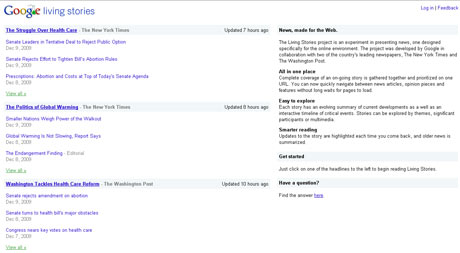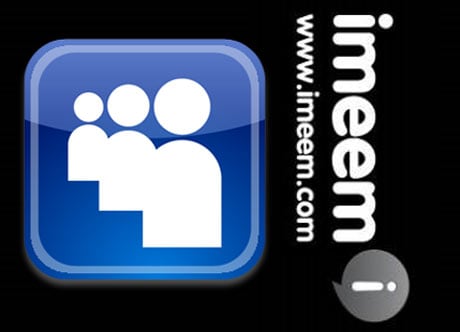


Computer hackers have broken into a server at a well-respected climate change research center in Britain and posted hundreds of private e-mails and documents online - stoking debate over whether some scientists have overstated the case for man-made climate change.
The University of East Anglia, in eastern England, said in a statement Saturday that the hackers had entered the server and stolen data at its Climatic Research Unit, a leading global research center on climate change. The university said police are investigating the theft of the information, but could not confirm if all the materials posted online are genuine.
More than a decade of correspondence between leading British and US scientists is included in about 1,000 e-mails and 3,000 documents posted on Web sites following the security breach last week.
Some climate change skeptics and bloggers claim the information shows scientists have overstated the case for global warming, and allege the documents contain proof that some researchers have attempted to manipulate data.
The furor over the leaked data comes weeks before the U.N. climate conference in Copenhagen, when 192 nations will seek to reach a binding treaty to reduce emissions of carbon dioxide and other heat-trapping greenhouse gases worldwide. Many officials - including U.N. Secretary-General Ban Ki-moon - regard the prospects of a pact being sealed at the meeting as bleak.
In one leaked e-mail, the research center's director, Phil Jones, writes to colleagues about graphs showing climate statistics over the last millennium. He alludes to a technique used by a fellow scientist to "hide the decline" in recent global temperatures. Some evidence appears to show a halt in a rise of global temperatures from about 1960, but is contradicted by other evidence which appears to show a rise in temperatures is continuing.
Jones wrote that, in compiling new data, he had "just completed Mike's Nature trick of adding in the real temps to each series for the last 20 years (i.e., from 1981 onwards) and from 1961 for Keith's to hide the decline," according to a leaked e-mail, which the author confirmed was genuine.
One of the colleague referred to by Jones - Michael Mann, a professor of meteorology at Pennsylvania State University - did not immediately respond to requests for comment via telephone and e-mail.
The use of the word "trick" by Jones has been seized on by skeptics - who say his e-mail offers proof of collusion between scientists to distort evidence to support their assertion that human activity is influencing climate change.
"Words fail me," Stephen McIntyre - a blogger whose climateaudit.org Web site challenges popular thinking on climate change - wrote on the site following the leak of the messages.
However, Jones denied manipulating evidence and insisted his comment had been taken out of context. "The word 'trick' was used here colloquially, as in a clever thing to do. It is ludicrous to suggest that it refers to anything untoward," he said in a statement Saturday.
Jones did not indicate who "Keith" was in his e-mail.
Two other American scientists named in leaked e-mails - Gavin Schmidt of NASA's Goddard Institute for Space Studies in New York, and Kevin Trenberth, of the US National Center for Atmospheric Research, in Colorado - did not immediately return requests for comment.
The University of East Anglica said that information published on the Internet had been selected deliberately to undermine "the strong consensus that human activity is affecting the world's climate in ways that are potentially dangerous."
"The selective publication of some stolen e-mails and other papers taken out of context is mischievous and cannot be considered a genuine attempt to engage with this issue in a responsible way," the university said in a statement.



























